Is THCA Flower Legal? 2025 Legal Status Guide by State
If you've been wondering "is THCA legal" in your state, you're not alone. The legal landscape surrounding THCA flower has become one of the most complex and rapidly evolving areas in cannabis law. With states updating their regulations monthly and federal agencies issuing new guidance, understanding THCA flower legal status requires constant vigilance and up-to-date information.
The confusion is understandable. THCA (tetrahydrocannabinolic acid) exists in a unique legal gray area that sits at the intersection of federal hemp law, state cannabis regulations, and evolving DEA interpretations. What makes THCA legality 2025 even more challenging is that laws can change overnight, turning previously legal products into controlled substances or vice versa.
This comprehensive guide will break down the current legal status of THCA flower across all 50 states, explain the federal framework that governs these products, and provide you with the tools you need to stay compliant. Whether you're asking "is THCA flower legal in my state" or trying to understand the broader THCA legal status by state, we'll cover everything you need to know to navigate this complex legal landscape safely and legally.
Understanding the Federal Legal Framework
The 2018 Farm Bill Foundation
The cornerstone of modern THCA hemp legal status begins with the 2018 Farm Bill, which fundamentally changed how the United States approaches hemp-derived products. This landmark legislation removed hemp from the Controlled Substances Act, but only under very specific conditions. Hemp is defined as Cannabis sativa L. containing no more than 0.3% delta-9 THC on a dry weight basis.
This definition creates the legal foundation that allows THCA federal law to exist in its current state. Since THCA is not delta-9 THC, products containing high levels of THCA can technically remain under the 0.3% delta-9 THC threshold while still providing psychoactive effects when heated (a process called decarboxylation that converts THCA to delta-9 THC).
The federal framework treats THCA as a hemp-derived cannabinoid, which means it falls under hemp regulations rather than marijuana laws. This distinction is crucial because it allows for the legal production, distribution, and sale of THCA products in states that have adopted hemp-friendly legislation.
DEA Position and Enforcement Priorities
The Drug Enforcement Administration's stance on THCA has evolved significantly since 2021. Initially, the DEA issued guidance suggesting that any cannabinoid that could convert to delta-9 THC might be considered a controlled substance. However, enforcement has been inconsistent, and the agency has not taken aggressive action against compliant THCA businesses.
Current DEA priorities focus on products that exceed the 0.3% delta-9 THC threshold or operations that violate state licensing requirements. This means that legal THCA flower operations that maintain proper testing, licensing, and compliance with state regulations face minimal federal enforcement risk.
The agency has also acknowledged the practical challenges of regulating THCA, particularly given that it occurs naturally in virtually all cannabis plants. This recognition has led to a more nuanced enforcement approach that focuses on clear violations rather than technical interpretations of the law.
Interstate Commerce and Federal Implications
One of the most significant advantages of THCA's federal hemp status is the ability to engage in interstate commerce. Unlike state-licensed marijuana products that cannot cross state lines, compliant THCA products can be shipped between states where they remain legal. This has enabled the development of a robust national market for THCA flower products.
However, this interstate commerce freedom comes with important caveats. Products must remain compliant with both federal hemp regulations and the laws of both the origin and destination states. Additionally, payment processing, banking, and shipping services may impose their own restrictions regardless of legal status.
Comprehensive State-by-State Legal Analysis
Fully Legal States (Green Light)
These states have explicitly legalized THCA flower or maintain hemp programs that clearly include THCA products:
California: As a fully legalized cannabis state, California permits THCA flower sales through both licensed dispensaries and hemp retailers. The state's dual-market system allows consumers to buy THCA flower legally from various licensed sources.
Colorado: Colorado's comprehensive cannabis framework includes provisions for hemp-derived THCA products. Licensed retailers can sell THCA flower to adults 21 and over without additional restrictions beyond standard cannabis regulations.
Oregon: Oregon maintains one of the most hemp-friendly regulatory environments in the country. The state explicitly allows THCA flower sales through licensed retailers, making it easy for consumers to find legal THCA products.
Washington: Washington state permits THCA flower sales through both its regulated cannabis market and licensed hemp retailers. The state has clarified that THCA products meeting federal hemp criteria remain legal.
Nevada: Nevada's cannabis laws include specific provisions for hemp-derived THCA products. Licensed dispensaries and hemp retailers can legally sell THCA flower to qualifying adults.
Illinois: Illinois has integrated THCA flower into its existing cannabis regulatory framework. Licensed dispensaries can sell THCA products alongside traditional cannabis products.
Michigan: Michigan permits THCA flower sales through licensed cannabis retailers and has not imposed additional restrictions on hemp-derived THCA products.
Vermont: Vermont allows THCA flower sales through licensed retailers and has maintained a hemp-friendly regulatory approach.
Maine: Maine permits THCA flower sales through both cannabis dispensaries and licensed hemp retailers.
Massachusetts: Massachusetts includes THCA flower in its regulated cannabis market and allows sales through licensed retailers.
States with Legal Gray Areas (Proceed with Caution)
These states have unclear or evolving regulations regarding THCA flower:
Texas: Texas maintains a restrictive cannabis policy but has not explicitly banned THCA flower. Some retailers operate under hemp regulations, but enforcement varies by locality. The THCA legal status by state in Texas remains uncertain.
Florida: Florida allows low-THC cannabis products but has not clearly addressed THCA flower. Some retailers operate under hemp licenses, but the legal status remains ambiguous.
Georgia: Georgia permits hemp products but has not specifically addressed THCA flower. Legal interpretation varies, and consumers should exercise caution.
North Carolina: North Carolina allows hemp products but enforcement and interpretation of THCA flower legality varies by jurisdiction.
Tennessee: Tennessee permits hemp products but has not provided clear guidance on THCA flower legality.
Virginia: Virginia has legalized cannabis but maintains complex regulations that may affect THCA flower sales.
New York: New York is transitioning its cannabis regulations, and THCA flower status remains unclear during this regulatory development period.
States with Restrictive or Unclear Laws (Red Light)
These states have explicitly banned THCA flower or maintain regulations that make sales legally risky:
Idaho: Idaho prohibits all forms of cannabis, including THCA flower, regardless of federal hemp status.
Kansas: Kansas does not permit THCA flower sales and considers such products controlled substances.
Nebraska: Nebraska prohibits THCA flower and has not adopted hemp-friendly regulations for psychoactive cannabinoids.
South Dakota: South Dakota maintains restrictive cannabis laws that prohibit THCA flower sales.
Wyoming: Wyoming does not permit THCA flower sales and considers such products controlled substances.
Legal Considerations for Consumers
Age Requirements and Purchase Restrictions
Where THCA hemp legal sales are permitted, age requirements typically mirror those for cannabis products. Most states require purchasers to be 21 or older, though some medical cannabis states may allow younger patients with proper documentation.
Purchase limits vary significantly by state. Some states impose no limits on hemp-derived THCA products, while others apply the same restrictions used for traditional cannabis. Common limits include:
- 1 ounce of flower per day
- 8 grams of concentrate per day
- Monthly purchase tracking requirements
- Possession limits that may differ from purchase limits
Transportation and Possession Guidelines
Transporting THCA flower requires careful attention to the laws in every jurisdiction you'll travel through. While federal hemp status allows interstate transport of compliant products, state laws may impose restrictions or prohibitions.
Key transportation considerations include:
- Keep products in original packaging with COA documentation
- Avoid consumption while traveling
- Research laws in destination states before traveling
- Understand that airport security may still confiscate products
- Be aware that some states prohibit possession regardless of purchase location
Employment and Drug Testing Implications
One crucial consideration often overlooked in discussions about "can I buy THCA flower legally" is the employment implications. Legal purchase and possession don't protect against employment consequences, and THCA flower can cause positive drug test results.
THCA converts to delta-9 THC when heated, and this THC can be detected in standard drug tests. Employers typically maintain zero-tolerance policies regardless of legal status, and positive tests can result in termination even in fully legal states.
Compliance and Safety Guidelines
Purchasing from Licensed Retailers
The safest way to ensure you're buying legal THCA flower is to purchase from licensed retailers who comply with state regulations. Licensed retailers must:
- Maintain proper testing and documentation
- Provide Certificates of Analysis (COA) for all products
- Follow state tracking and reporting requirements
- Submit to regular compliance inspections
- Maintain proper storage and handling procedures
When shopping for legal THCA flower, always verify the retailer's licensing status and request COA documentation for any products you purchase.
Understanding Certificates of Analysis
Certificates of Analysis serve as your primary protection against purchasing non-compliant or unsafe products. A proper COA should include:
- Complete cannabinoid profile showing delta-9 THC levels below 0.3%
- Terpene analysis
- Heavy metals testing
- Pesticide screening
- Microbial contamination testing
- Residual solvent analysis
- Testing date and lab accreditation information
Never purchase THCA flower without proper COA documentation, as this is your only guarantee that products meet legal requirements and safety standards.
Product Labeling Requirements
Legal THCA flower must include specific labeling information to maintain compliance:
- Total cannabinoid content
- Delta-9 THC percentage (must be under 0.3%)
- THCA percentage
- Harvest and packaging dates
- Batch numbers for tracking
- Warning statements about psychoactive effects
- Retailer and manufacturer information
Future Legal Outlook and Industry Trends
Pending Federal Legislation
Several pieces of federal legislation could significantly impact THCA legality 2025 and beyond. The SAFE Banking Act, STATES Act, and various hemp reform proposals could provide greater clarity and protection for THCA businesses and consumers.
The most significant pending change involves potential DEA scheduling reviews that could affect how THCA is classified federally. Industry advocates are working to ensure that any regulatory changes preserve access to legal THCA products while maintaining appropriate safety standards.
State-Level Regulatory Trends
The trend at the state level strongly favors expanded access to THCA products. States are increasingly recognizing the economic benefits of hemp industries and the consumer demand for legal cannabis alternatives.
Key trends include:
- More states explicitly including THCA in hemp regulations
- Streamlined licensing processes for THCA retailers
- Reduced restrictions on hemp-derived cannabinoids
- Integration of THCA into existing cannabis regulatory frameworks
- Enhanced consumer protection requirements
Industry Advocacy and Education Efforts
The THCA industry has become increasingly sophisticated in its advocacy efforts, focusing on education, compliance, and responsible marketing. Industry groups are working with lawmakers to develop clear, workable regulations that protect consumers while allowing businesses to operate legally.
These efforts include developing industry standards, promoting laboratory testing requirements, and educating consumers about responsible use and legal compliance.
Staying Current with Changing Laws
Monitoring Resources and Updates
Given the rapid pace of change in THCA state laws, staying current requires active monitoring of multiple sources:
- State regulatory agency websites
- Industry trade publications
- Legal analysis from cannabis law firms
- Legislative tracking services
- Professional association updates
Working with Legal Professionals
For businesses operating in the THCA space, working with experienced cannabis attorneys is essential. Legal professionals can provide guidance on compliance requirements, help navigate regulatory changes, and ensure operations remain legal as laws evolve.
Consumers should also consider consulting with attorneys if they have specific questions about THCA legal status by state or need guidance on complex legal situations.
Frequently Asked Questions
Is THCA flower the same as marijuana legally?
No, THCA flower is legally distinct from marijuana under federal law. THCA flower must contain less than 0.3% delta-9 THC to maintain hemp status, while marijuana exceeds this threshold. However, state laws may treat them similarly or differently depending on local regulations.
Can I travel with THCA flower between states?
Travel depends on the laws in both your origin and destination states. While federal hemp status allows interstate transport of compliant products, some states prohibit possession regardless of where products were purchased legally.
Will THCA flower show up on drug tests?
Yes, THCA flower can cause positive drug test results. When heated or consumed, THCA converts to delta-9 THC, which is detectable in standard drug screening tests.
How do I know if THCA flower is legal in my state?
Check your state's current hemp and cannabis laws, as these change frequently. Consult state regulatory websites, speak with licensed retailers, or contact legal professionals for specific guidance about "is THCA flower legal in my state."
What happens if I'm caught with THCA flower in a state where it's illegal?
Penalties vary by state but could include fines, criminal charges, or product confiscation. Some states treat THCA flower the same as marijuana for enforcement purposes.
Are there age restrictions for buying THCA flower?
Yes, most states require purchasers to be 21 or older, though some medical cannabis states may allow younger patients with proper documentation and physician recommendations.
Conclusion
The question "is THCA legal" doesn't have a simple answer, but this guide provides the framework you need to understand the current legal landscape. THCA flower legal status continues to evolve rapidly, with new developments occurring regularly at both state and federal levels.
The key to staying compliant is remaining informed about changes in your specific state and any states you plan to visit. Always purchase from licensed retailers, maintain proper documentation, and understand that legal status can change without notice.
For consumers interested in exploring legal THCA options, Oregon Hemp Flower offers a comprehensive selection of compliant THCA products with proper testing and documentation. Remember that legal purchase is just the first step – understanding your local laws and staying compliant requires ongoing attention to regulatory changes.
The future of THCA legality 2025 appears promising, with trends favoring expanded access and clearer regulations. However, the current legal landscape requires careful navigation and constant attention to changing laws. When in doubt, consult with legal professionals and err on the side of caution.
Legal Disclaimer: This article is for informational purposes only and does not constitute legal advice. Cannabis laws change frequently and vary by jurisdiction. Always consult with qualified legal professionals and check current state and local laws before purchasing or possessing THCA products.

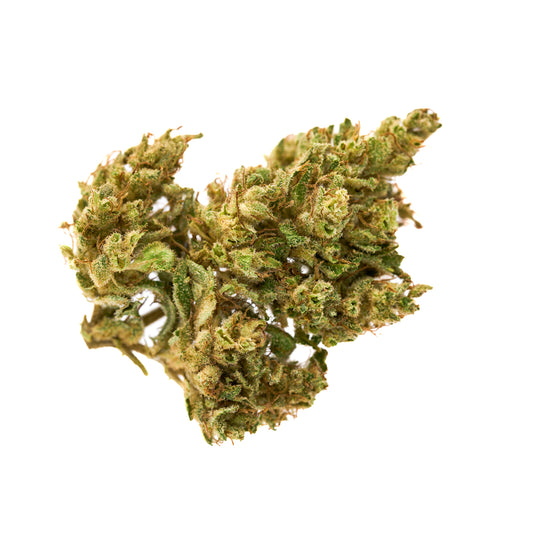
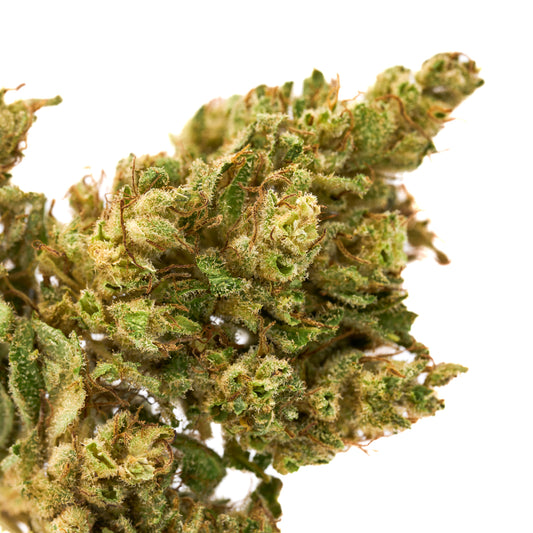
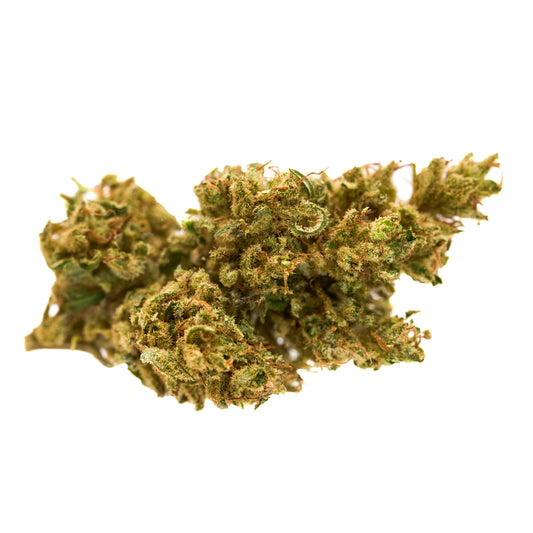
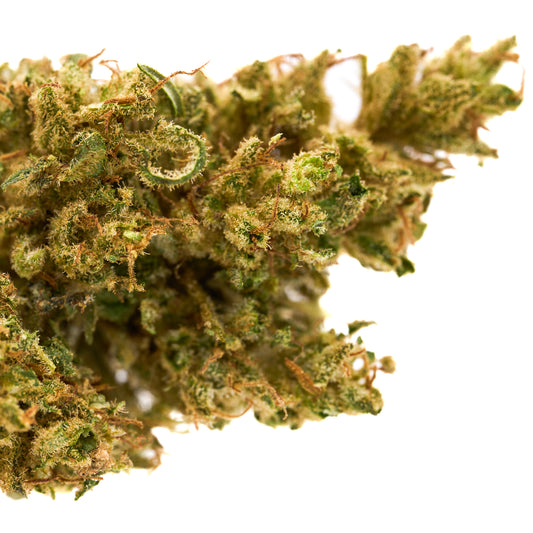
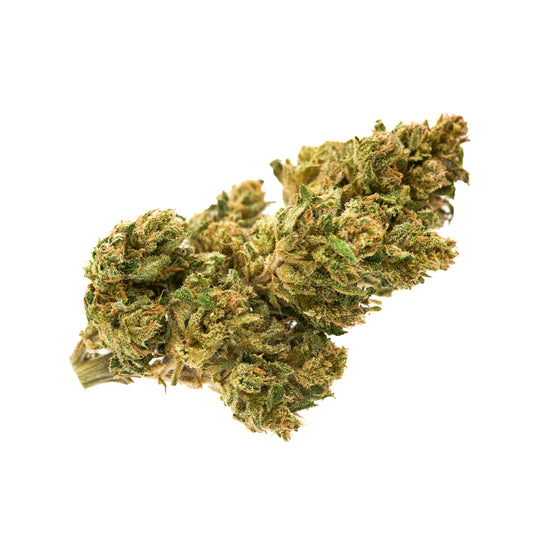
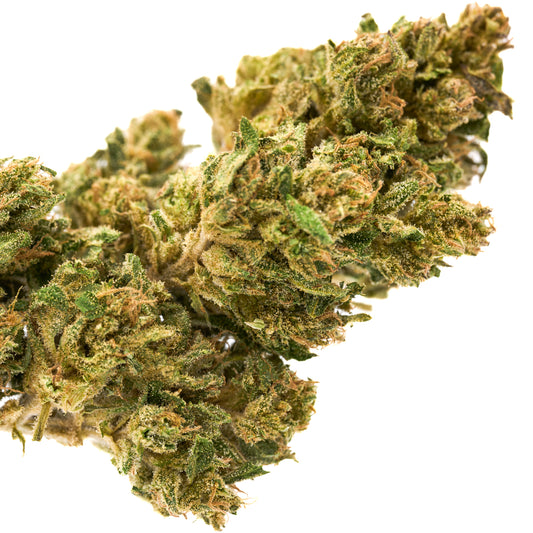



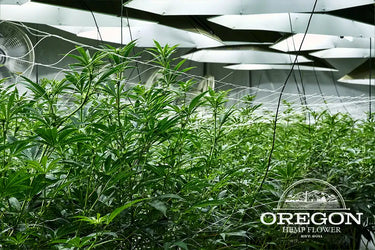

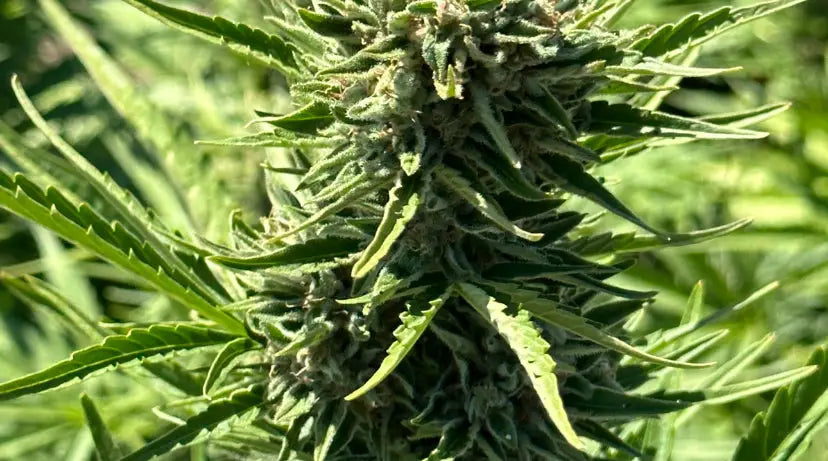
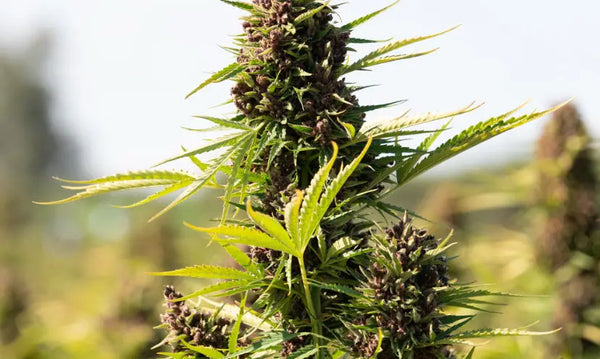
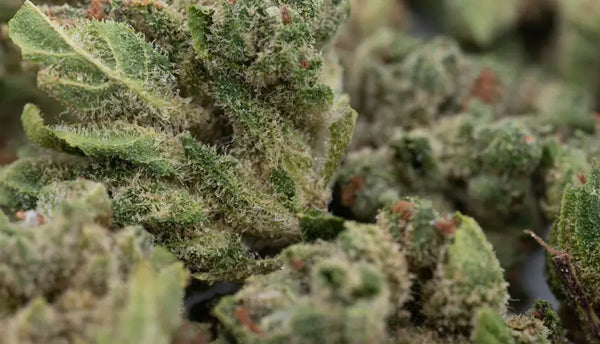
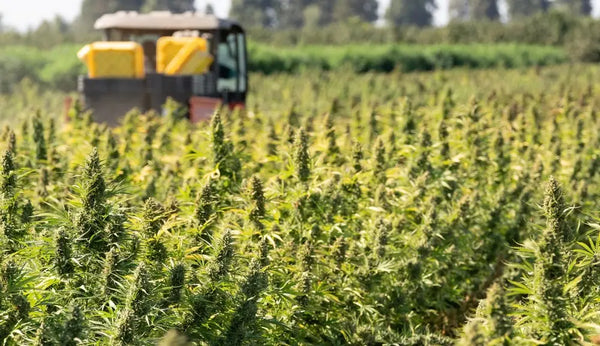
Leave a comment
Please note, comments need to be approved before they are published.